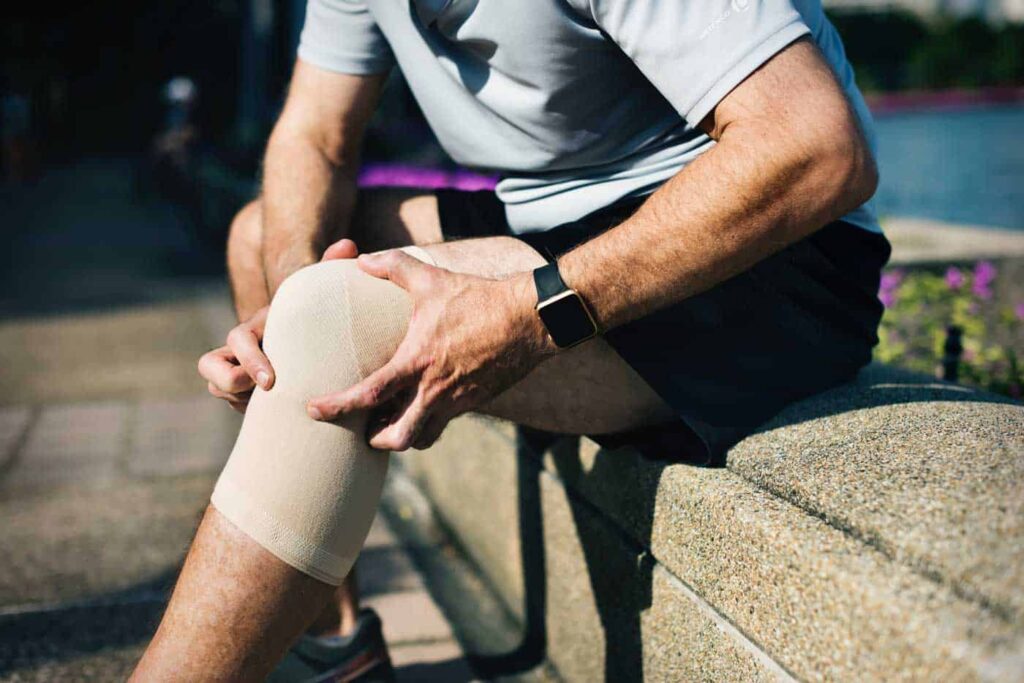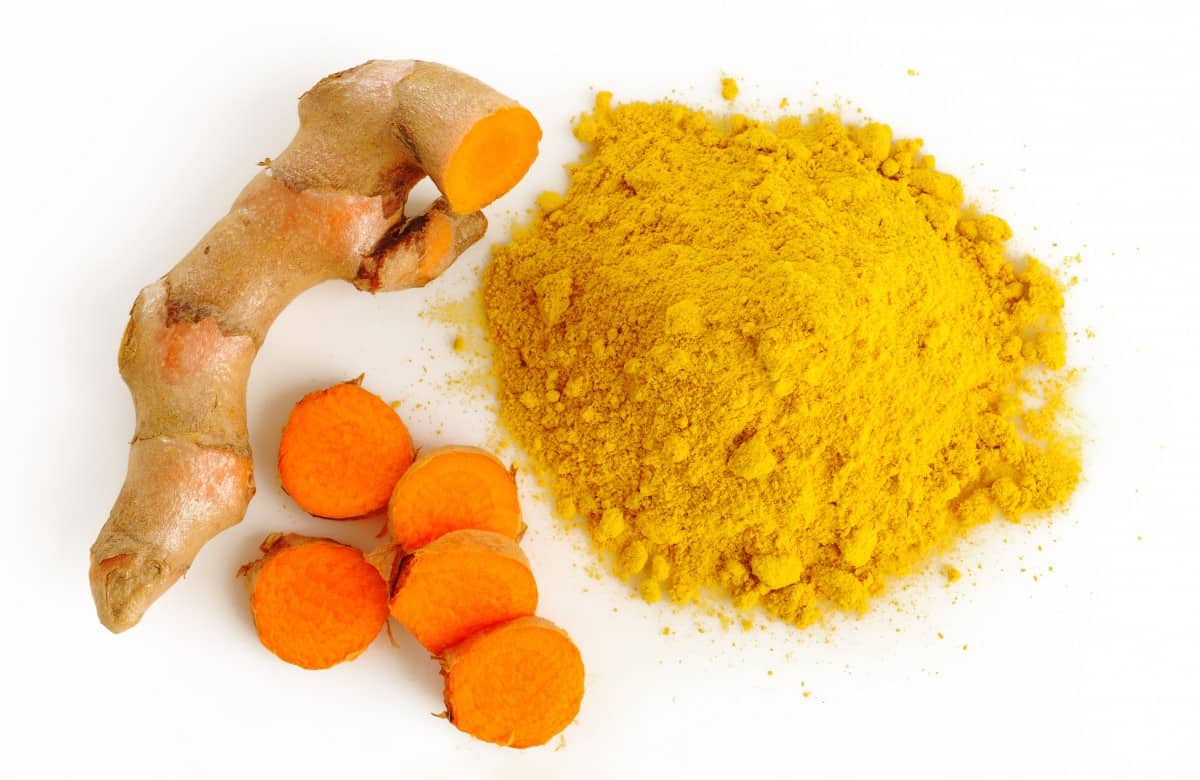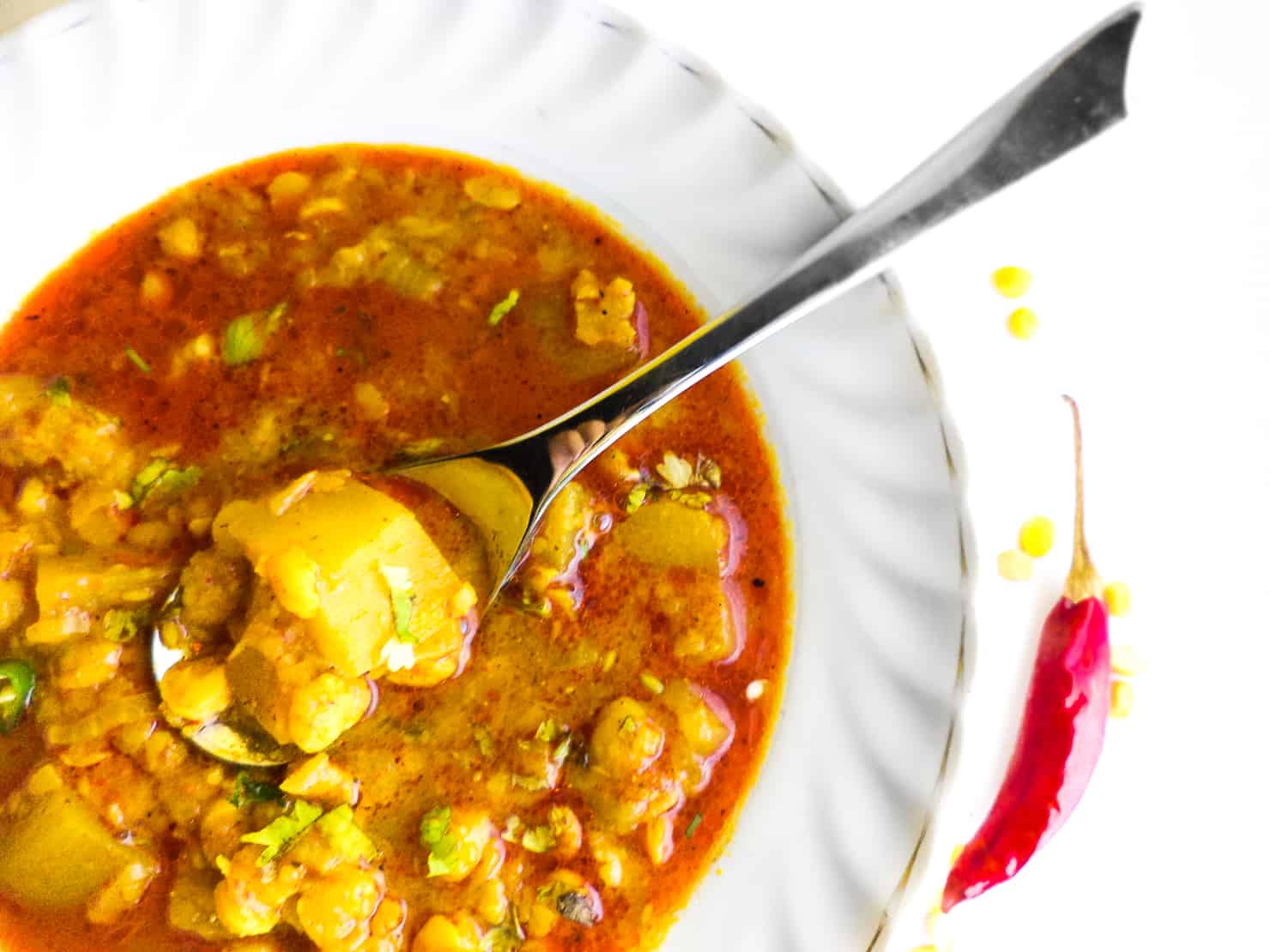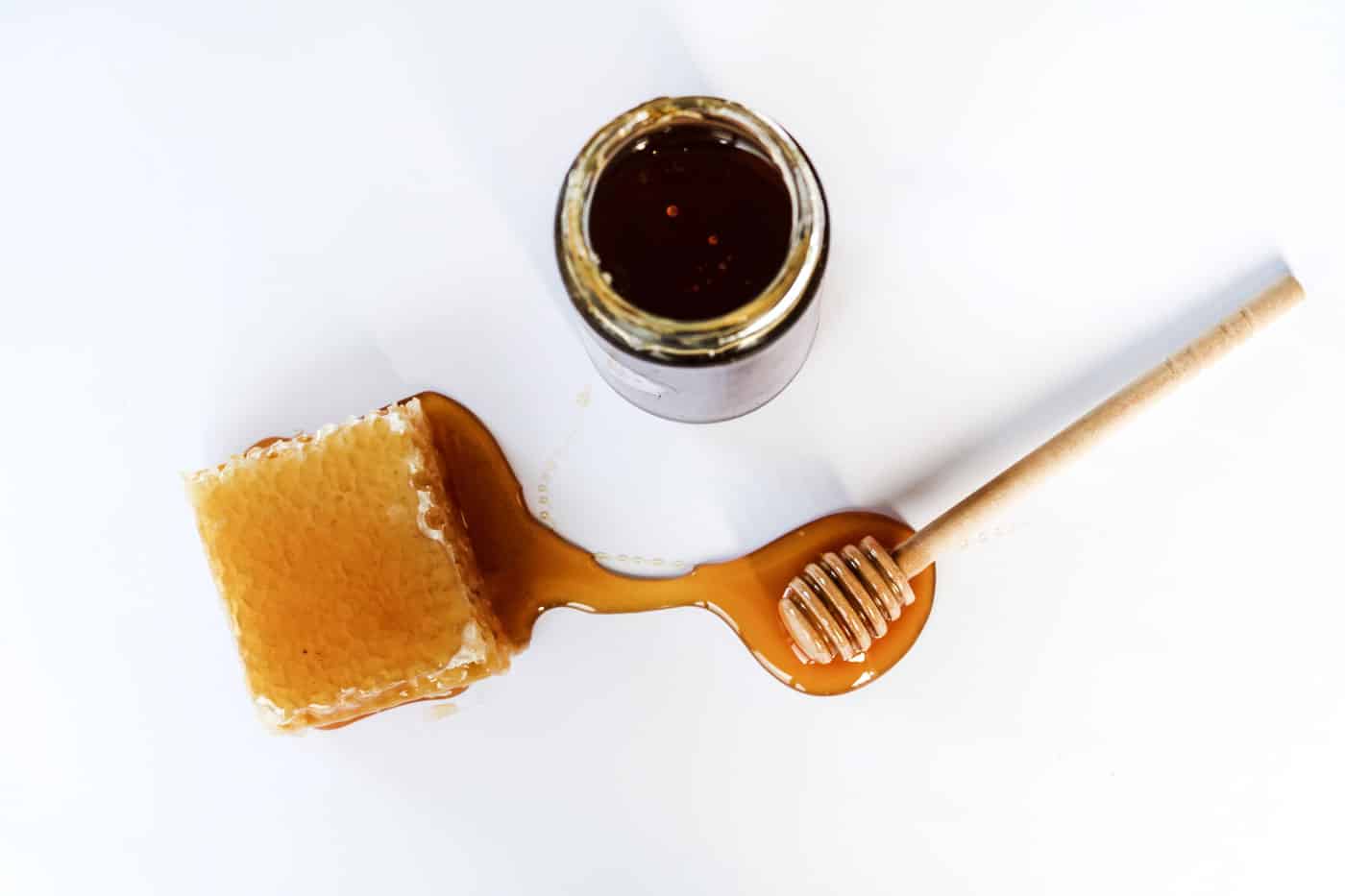The joints get a lot of hard use over the years, and if we don’t look after them, they can start giving problems. Joint issues are called arthritis.
There are two main types of arthritis: osteoarthritis (sandhivata), where the cartilage and bone starts breaking down, and rheumatoid arthritis (amavata), where there is excessive inflammation. As you can see from the ayurvedic Sanskrit terms, there is an element of unbalanced vata in both of them.

Vata-type osteoarthritis
If there is excessive vata, the joints will crack and pop. They will feel cold to the touch and be dry. They are painful following movement, and strenuous exercise will make it worse.
Follow a vata-pacifying diet with warm, unctuous (oily) foods with sweet, sour and salty tastes. Avoid cold foods (even salads) and drinks, and avoid drying foods such as barley and corn, and the members of the nightshade family, such as tomatoes, potatoes and aubergine.
Soak about two tablespoons of mustard seeds in boiling water. When cooler, soak the joint in it. Take ginger tea with castor oil.
Do gentle yoga poses which work the joints without too much pressure.
Pitta-type osteoarthritis
In this type of arthritis, there is inflammation and heat, looks red and feels hot to the touch.
Follow a pitta-pacifying diet, eating cooling foods and drinks with sweet, bitter and astringent tastes. Avoid hot spicy foods, sour condiments and pickles, salty crisps and processed foods, and the members of the nightshade family (see above).
Apply cool castor oil or coconut oil to the painful area, or alternatively, sandalwood paste (sandalwood powder mixed with a little water).
Additionally, increase your intake of turmeric in food, or boiled in milk, and apply turmeric paste to the affected areas. Find out more about the properties and uses of turmeric here.
Do gentle yoga poses which work the joints without too much pressure. You can also practise cooling breathing such as shitali pranayama.
Kapha-type osteoarthritis
This type of arthritis is typified by pain, swelling, stiffness, and the joint feels cold and clammy to the touch. Kapha-type people tend to have joint problems because of excessive weight, so weight loss may be a key goal.
Follow a kapha-balancing diet, which includes warm, dry, light foods with pungent (spicy), bitter and astringent tastes. Avoid fats and oils, and eat small amounts, especially for dinner. Don’t consume dairy products and cold drinks.
You can use powdered mustard seed, ginger or turmeric, or a blend of each, combined with hot water into a paste, and applied to the affected areas.
Yoga postures can be more vigorous, but avoid too much pressure on affected joints.
Rheumatoid arthritis
This is similar to Pitta-type osteoarthritis; however there is a major factor of toxicity called Ama.
Therefore the ayurvedic approach would be to start with a detox programme, such as fasting or panchakarma, in order to eliminate ama, and to re-ignite Agni, your digestive and metabolic fire.
Then apply the other practices as in Pitta-type osteoarthtritis. In addition, you can take ginger tea mixed with 2 teaspoons castor oil before bed. This has an anti-inflammatory effect, and also a laxative effect.
Maintain strong agni by eating proper amounts of food (i.e. not overeating) only when you are hungry, and avoiding processed foods, leftovers, and hard-to-digest foods. Have lunch as your main meal, and eat less for dinner, which should be at 6-7pm.
When you need professional help
The above recommendations may be helpful for mild or intermittent conditions, when good lifestyle habits will correct the imbalances. However, if your joint pains have been persisting, or they are severe, it’s a good idea to see a health professional.
Ayurveda has a wide range of treatments, diet plans, and herbal formulas that are effective for arthritis. There are various traditional formulations containing Guggul (Commiphora mukul), which is a well-known and tested anti-inflammatory for joints. Have an online consultation with Dr Priya Punjabi for a treatment program suited for your condition and body type. Contact us now



